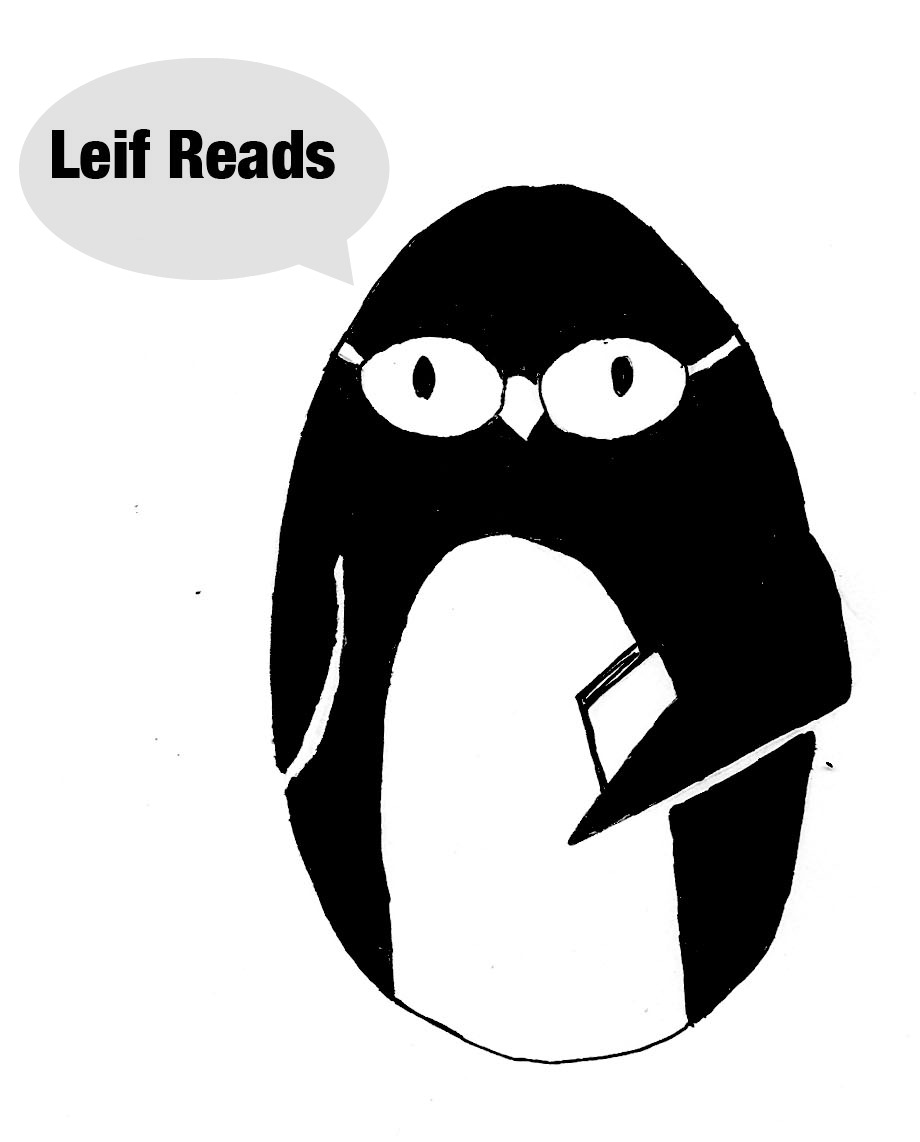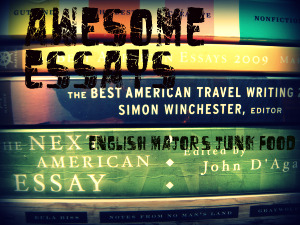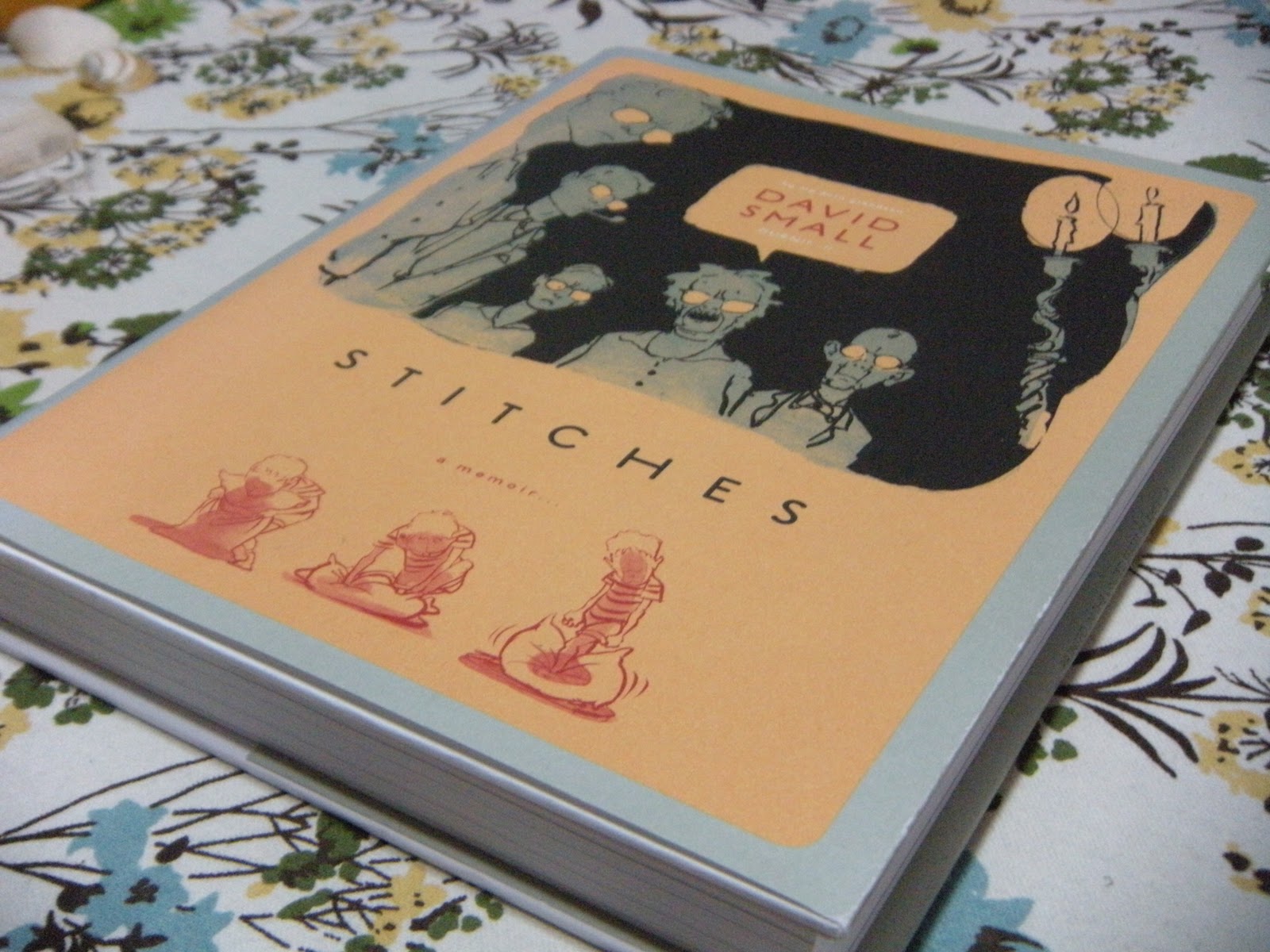Merry Wanderer of the Night:
nonfiction
Leif Reads: Getting Back in Touch

Montaigne Readalong Week Ten

Leif Reads: Coop

Awesome Essays: A Field of Silence

Book Review: Memory of Trees
Montaigne Readalong Week Nine

Book Review: Stitches
Montaigne Readalong Week Eight

Book Review: The Professor and the Madman
Book Review: I Saw You and The Wonderful Wizard of Oz
Montaigne Readalong Week Six

Awesome Essays: ...Yielding to the Glory of the Gnarled...

Book Review: Devotion
Awesome Essays: Birdwatching in Fresno

Sunday Salon: An Essay? Isn't That The Thing I Had To Write In School?

Leif Reads: But what about all this snow?

Montaigne Mondays: Week Three

Book Review: The Diary of Anne Frank & The Authorized Graphic Biography

Sunday Salon: Why it is Dangerous to be a Lover of Nonfiction

Awesome Essays: Want to be My Boyfriend? Please Define






